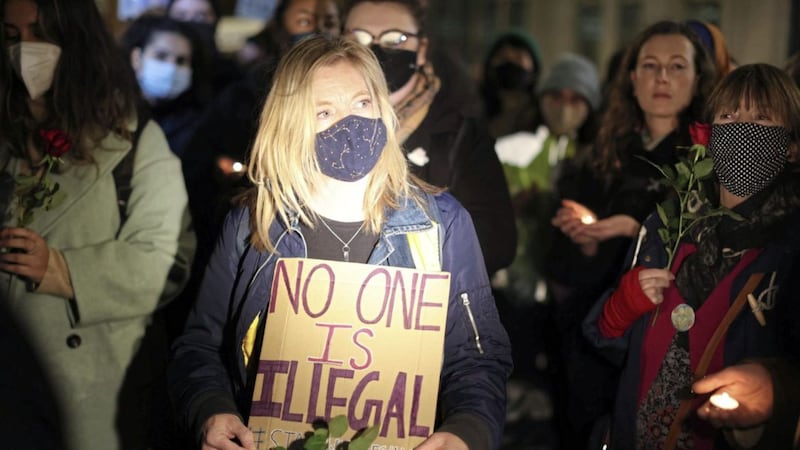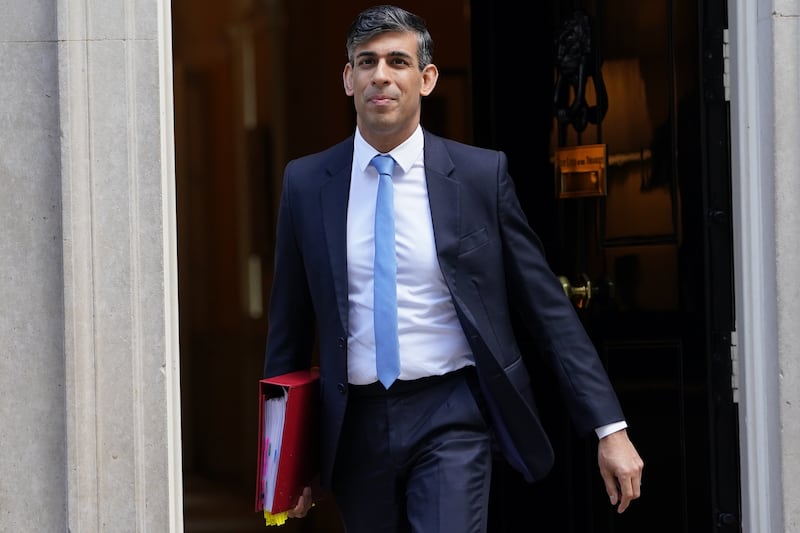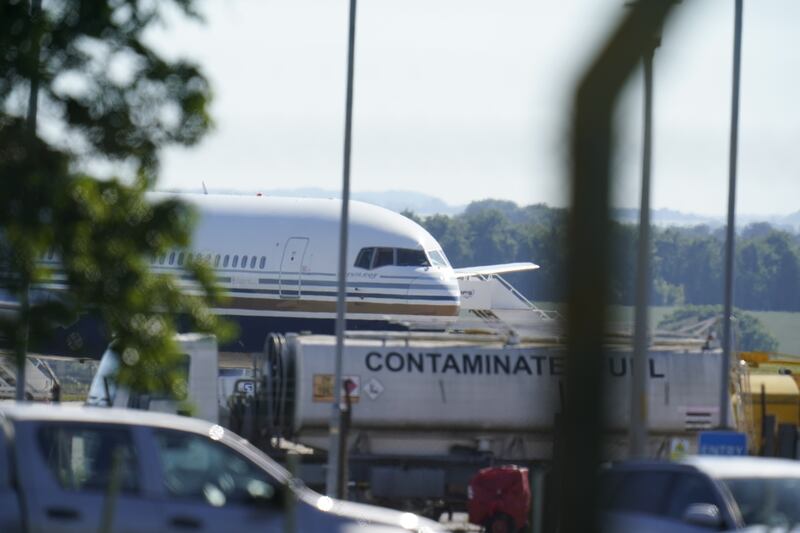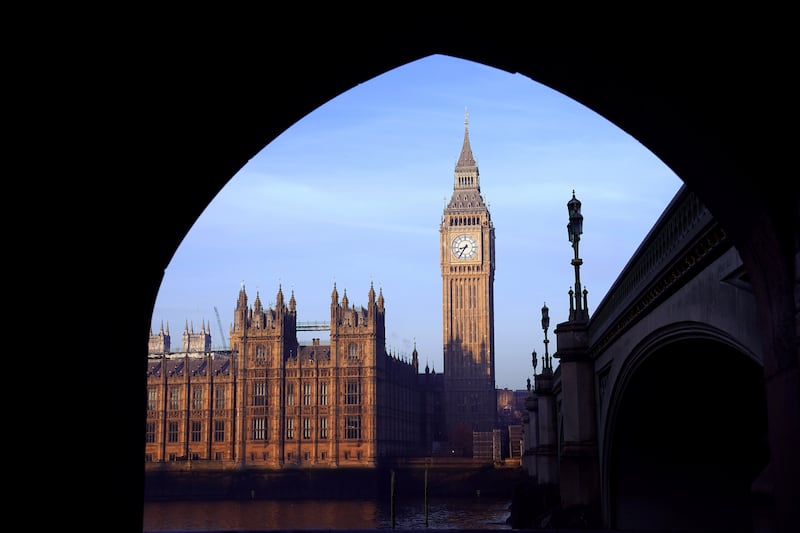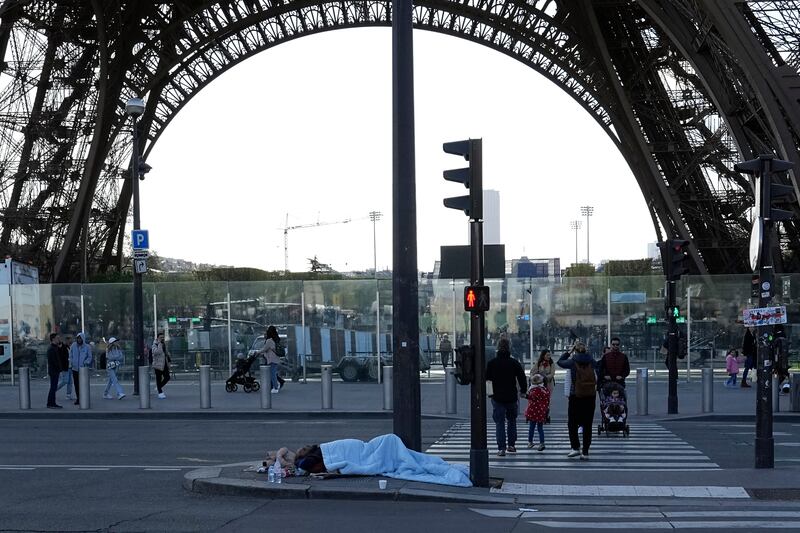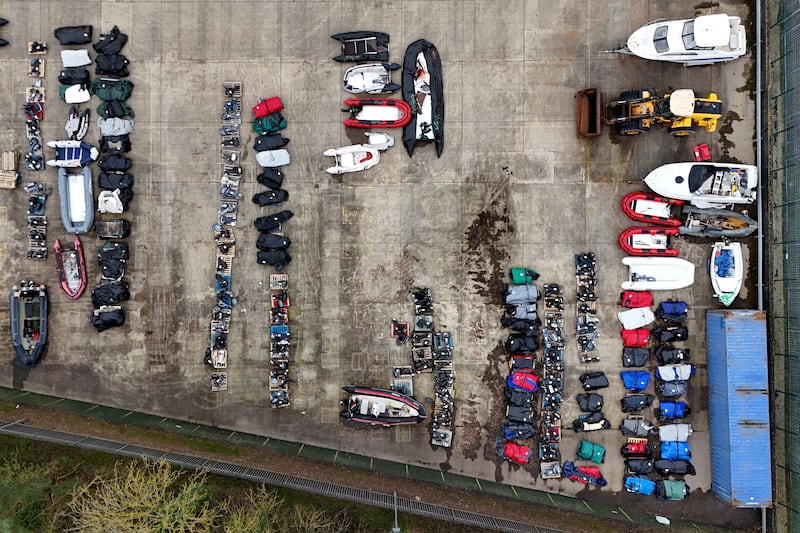MORE than two years after 39 Vietnamese migrants suffocated in a lorry trailer en route to England, the migrant crisis has continued to worsen.
Migrants fleeing oppression and poverty are continuing to take highly dangerous journeys in a bid to reach places of safety.
Record numbers of people have attempted to cross the Channel in recent months, often on inadequate boats provided by people smugglers.
News that 27 people, including a pregnant woman and three children, had died while attempting the crossing on Wednesday, should have prompted a compassionate and prompt response from government.
Instead, the deaths have sparked a diplomatic war between Britain and France.
Boris Johnson’s demand that France take back any migrants who reach the UK was absurd, as was his decision to post a five-point plan for dealing with the crisis through that well-known diplomatic channel - Twitter.
French president Emmanuel Macron urged Mr Johnson to “get serious” or remain locked out of talks aimed at tackling the issue.
Telling Mr Johnson - who distinguished himself early last week by making a rambling speech in which he praised Peppa Pig World, imitated car noises, and compared himself to Moses - to “get serious” is rather like informing a sugar-crazed toddler they can’t have any more sweets.
Aside from the fact that it would be impossible for the French authorities to police up to 300km of coastline 24 hours a day, it is not illegal to seek asylum.
People can ask for asylum in any country they choose.
An EU law does allow asylum seekers to be sent back to the first member state they entered.
But since Brexit, the UK is no longer a part of that agreement. There’s some irony that a vote which focused on the UK ‘taking back control’ of its borders has made that aim so much more difficult.
But this is not a time for political point-scoring.
It takes true desperation to climb into an inflatable dinghy and risk your life in bitter winter weather.
Some of those on board the boat are understood to be migrants from Afghanistan and Iran, while others were Kurds from northern Iraq - a people who have suffered appalling oppression.
What is needed is a sympathetic response which includes all major European nations.
Home Secretary Priti Patel’s claim in Parliament that Border Force staff are prepared to turn around immigrant boats and send them back to France is the opposite of sympathetic.
It took a leading trade union to point out that what Ms Patel is suggesting is frankly immoral.
The PCS general secretary, Mark Serwotka, said it could launch industrial action and take out a judicial review if staff are asked to push back boats carrying vulnerable people.
Mr Serwotka said the plans were “against international law and morally reprehensible”.
Less than two weeks ago, an Afghan doctor now living in Co Roscommon told The Irish News she had to leave her home country "in a very secret and extremely dangerous way” following the Taliban takeover in August.
She managed to cross the border into Pakistan and is now seeking asylum in the Republic.
She is one of the lucky ones. As we saw last week, many migrants do not survive hazardous land or sea journeys.
And even if they do, there is a high chance they may not be given asylum.
The idea that the UK is seen as the holy grail of destinations is a nonsense.
Despite the UK’s relative wealth, it receives fewer asylum applications than Greece and Spain and substantially fewer than France and Germany.
Migrants who remain in the UK illegally are often subject to horrendous living and working conditions.
In 2004, 21 Chinese immigrant labourers were drowned in an incoming tide while picking cockles in Morecambe Bay in England.
Seventeen years on, have conditions for vulnerable migrants really improved?
How we treat each other matters. How we treat people who desperately need our help matters even more.
Those of us who celebrated the first Sunday of Advent yesterday were reminded that migration is at the heart of the Christmas story. Safety, food, and a warm bed are basic human needs.
Our government’s inability to agree a strategy on how to help refugees should shame us all.
